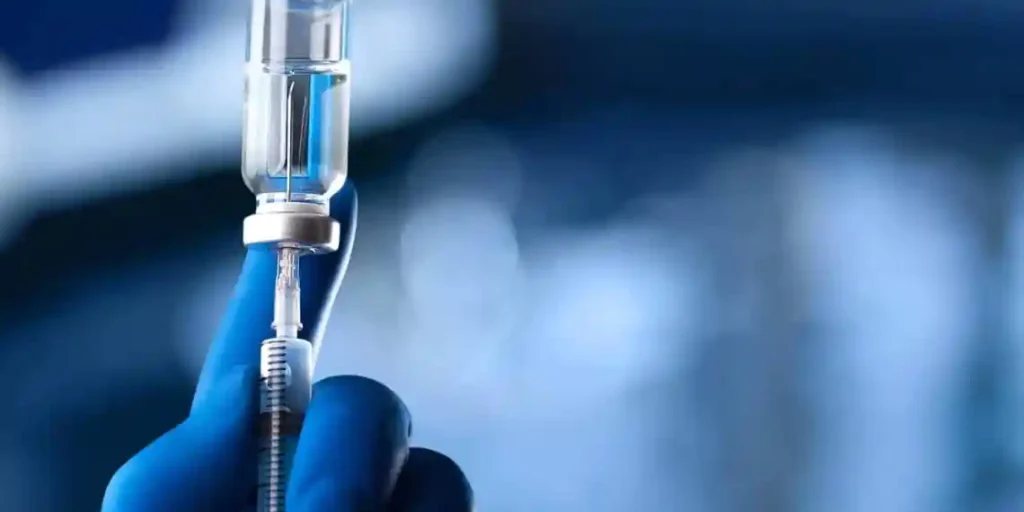
Source: Agency Report
A Vaccine used to illustrate the story [Credit: citizen.co.za]
€18m Vaccine Grant Implementation to Begin Soon – NIPRD
The National Institute for Pharmaceutical Research and Development (NIPRD) has announced that implementation of the €18 million grant from the European Union (EU) to boost vaccine research and production in Nigeria is set to begin.
This was confirmed by NIPRD Director-General, Obi Adigwe, during an interview with the News Agency of Nigeria (NAN) on Wednesday in Abuja.
In 2024, the EU and the Nigerian government signed a collaborative €18 million agreement to strengthen Nigeria’s capacity in vaccine development, research, and production.
The funding supports the National Plan for Vaccine Research, Development and Local Production (2024–2034) — a strategic roadmap aimed at:
Dr. Adigwe described the grant as a turning point in correcting Africa’s vaccine dependency, which was starkly exposed during the COVID-19 pandemic.
“It was shameful that the whole of Africa depended on the Global North and Asia to produce vaccines. We must develop our own local capacity,” he said.
He called the grant the largest vaccine-related funding awarded to any African country so far.
According to Adigwe, the comprehensive vaccine roadmap was created under NIPRD’s leadership in collaboration with:
The document includes phased plans for:
It has already been endorsed by both the Coordinating Minister of Health and Social Welfare and the Minister of State for Health, clearing the way for full implementation.
“We’ve already sent a team to UNICEF, one of the grant’s implementing partners. Major announcements will follow soon,” Adigwe confirmed.
He expressed optimism that within the next decade, three to four Nigerian companies will begin local vaccine manufacturing under the Presidential Initiative on Vaccine Development.
He emphasized that the project isn’t just about health, but also about economic resilience, national security, and health equity.
“Ultimately, our goal is to ensure that no Nigerian is left behind in accessing lifesaving vaccines,” he concluded.